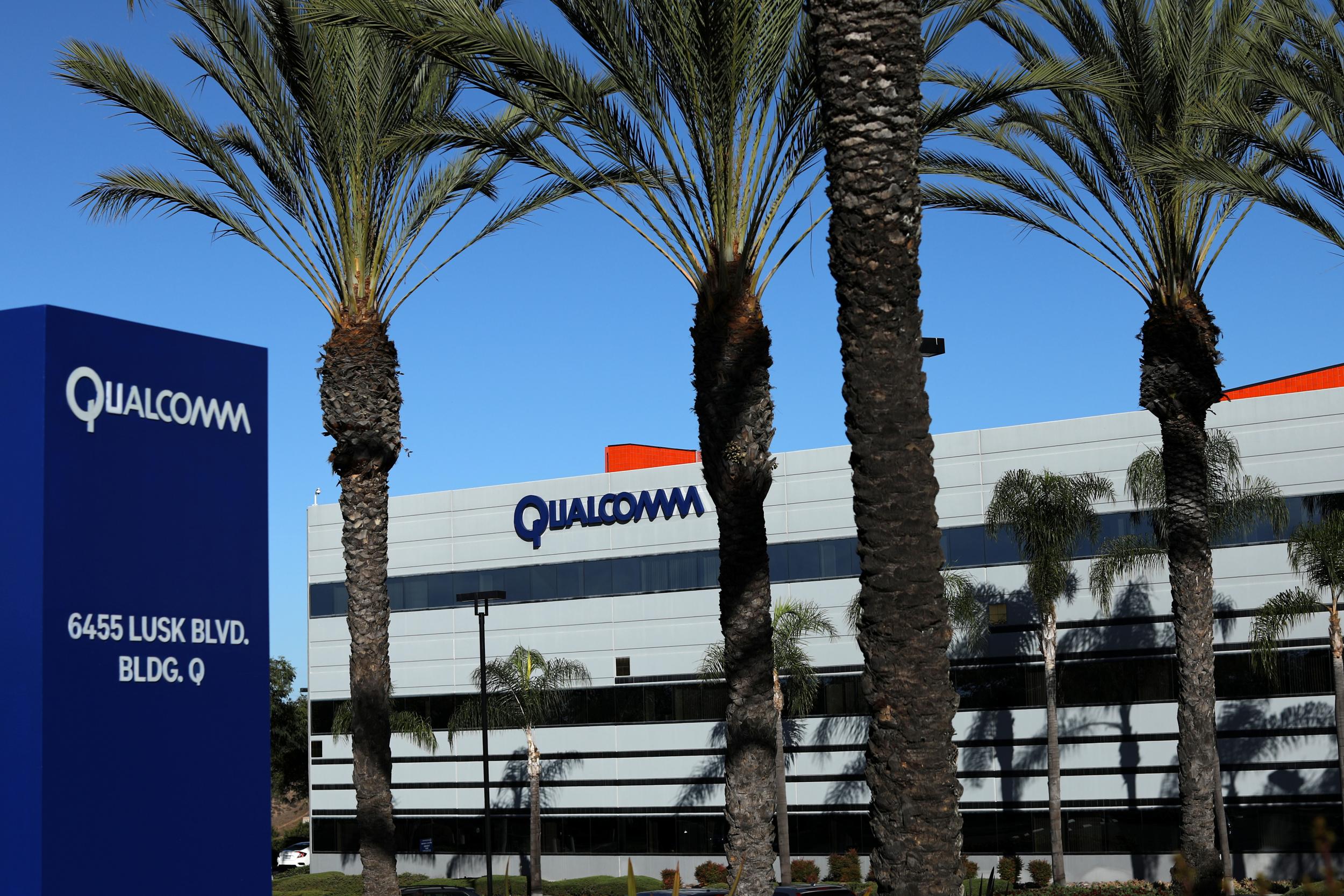Trump's blocks $140bn tech mega merger. An example of nasty nationalism or simple pragmatism? It might be both
National security is the reason cited for blocking the takeover of Qualcomm by Singapore's Broadcom

First it was the imposition steel and aluminium tariffs putting America First! Now what was to have been the world’s biggest tech merger has been Trumped.
America’s bellicose President has sharpened his nationalist knife and plunged it into the proposed takeover of Qualcomm by Singapore’s Broadcom.
The $140bn (£100bn) deal would have created the world’s number three chip maker after Intel and Samsung. The bell is tolling on it as a result of it having been declared to risk impairing “the national security of the US”.
This despite the prospective purchaser’s plans to re-domicile and shift its HQ to to the US, where it would be under the American regulatory thumb as a US company.
Critics, of course, regard the national security justification as a convenient fig leaf as it often is.
Qualcomm is highly regarded for its willingness to invest in R&D. Broadcom, however, is one of those businesses that has grown by acquisition, gobbling up other businesses and sometimes selling on their assets afterwards.
If that, and a reduced flow of investment dollars, was a consequence of the tie up it could be seen as a threat to America’s position at, or close to, the top of the global tech charts in the midst of a cut throat race to develop, and sell, 5G wireless technology.
There is also the question of it potentially creating space for Huawei, the Chinese tech and telecom company. It, and China’s rapid growth in this area, inspires the sort of neurosis in some Americans that was once reserved for the Japanese when they were the technology kings. The people who, in an earlier era, read Michael Crichton’s paranoid thriller Rising Sun, and nodded their heads in approval, would today substitute the Japanese corporate baddies it depicts for Chinese corporate baddies.
In blocking this deal Donald Trump is singing from a hymn sheet that they would recognise.
But while his tariffs, which now have carve outs, are both likely illegal (under WTO rules), and easy to attack, the case against blocking the deal is less obvious.
The steel levies threaten to hurt American industry and consumers as much as they would help them, quite apart from the damage caused to America’s friends and allies and to its reputation through the ill will generated.
Blocking a questionable mega deal - it shouldn’t be forgotten that they frequently fail - with the aim of shoring up investment and maintaining competitive position in a key industry? That's different.
The whiff of racism that motivates the paranoia I referred to is ugly, but the decision could still be said to be rational, even pragmatic. Those are not words regularly used about the Trump administration.
Join our commenting forum
Join thought-provoking conversations, follow other Independent readers and see their replies
Comments